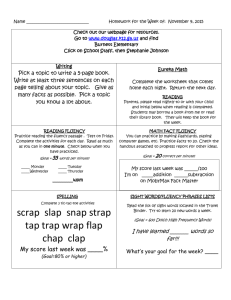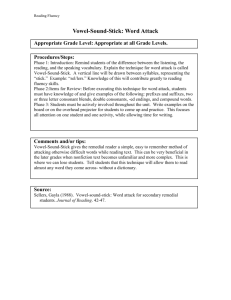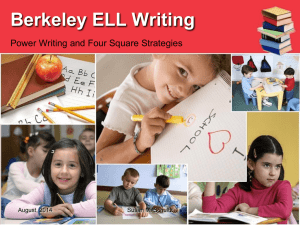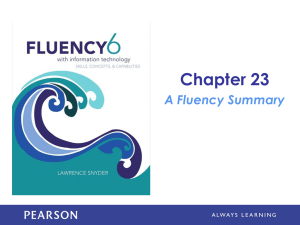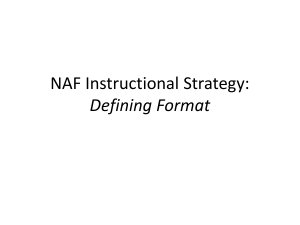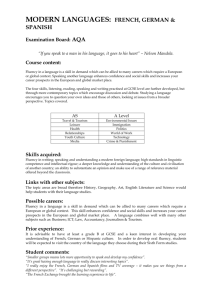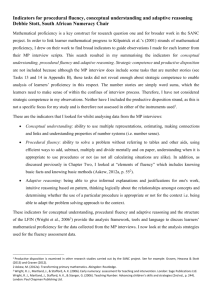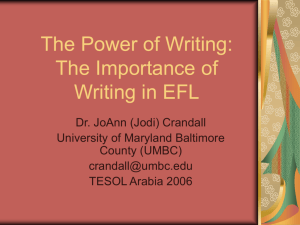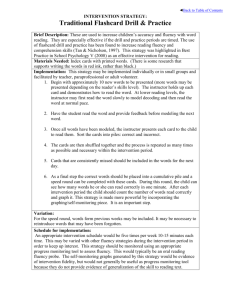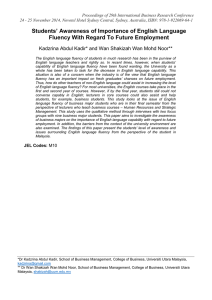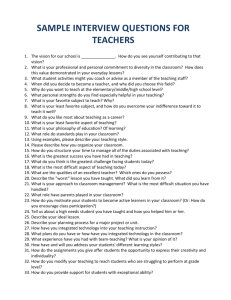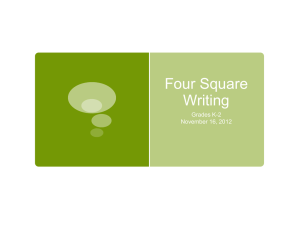Oral Reading Fluency in Cebuano and English
advertisement
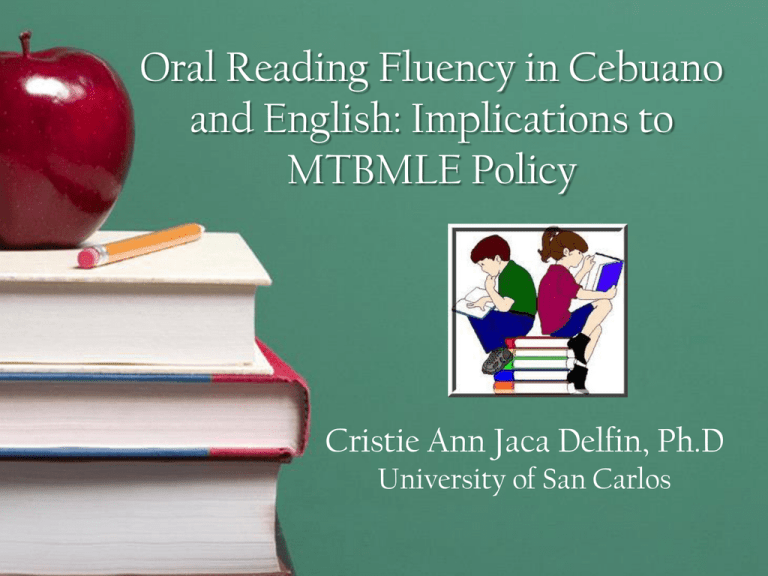
Oral Reading Fluency in Cebuano and English: Implications to MTBMLE Policy Cristie Ann Jaca Delfin, Ph.D University of San Carlos Introduction • Reading as a cognitive process • Reading as a basic skill • Reading as a means of language development • Oral reading performance is a great factor in language proficiency Introduction Reading as a cognitive process Situationer When students read text orally, they tend to mispronounce some words, miss reading certain words, swap the order of words or even substitute the word with another word. Oral Reading Oral reading is a reliable language activity of monitoring the reading fluency of the students. Oral reading is a skill that needs to be assessed. Oral reading fluency is also one of the expected language skill among students. Oral reading provides an opportunity for the teacher to guide the learner and give any feedback (Bethwinst, 2010). The act of reading aloud is often used to develop or test reading skills and oral fluency. K to 12 and MTBMLE Policy DepEd Order No. 74 series of 2009 - Institutionalization of MTBMLE - Mother Tongue as (MOI) - Mother Tongue as a Subject determine, develop, respond, improve • Reading as a cognitive process. • Reading as a basic skill. • Reading as a means of language development. • Oral reading performance is a great factor in language proficiency. McGinnis & Smith (1982) What are the common errors made by the students during their oral reading in terms of: 1. repetition 2. substitution 3. omission 4. insertion 5. mispronunciation 6. reversal 7. words aided Research Methodology • • • • • descriptive qualitative-quantitative Cebuano and English oral reading Grade One pupils Cebu City Cebuano Folktale Nganong Mutuktugaok Ang Sunoy Why the Cock Crows Findings • Grade 1 pupils fall short of the oral reading ability expected of them • Errors in word recognition reflect non mastery of the basic sounds of the language • Less exposure to varied reading materials contribute to the students’ hesitance in reading • Guided and repeated oral reading has positive impact on achievement in word recognition, fluency, and comprehension Implications • Oral reading is an important classroom activity which can be used as benchmark for children who are developing their reading skills or for students learning a new language. • Oral reading performance is a great factor in language proficiency. • The teaching of reading should incorporate the use of the Mother Tongue. • MTBMLE Policy should be considered. Conclusion • When students read a material where the words are unfamiliar to them, they predictably produce errors. These errors can be used as benchmark in designing classroom activities that will develop and improve the students reading skills. Recommendations • Regular oral reading fluency test should be conducted before, during, and after every grading period to monitor the students’ reading ability. • Students should be exposed to different reading materials and these materials should be used in the classroom. Here’s my email address tiandelfin@gmail.com
